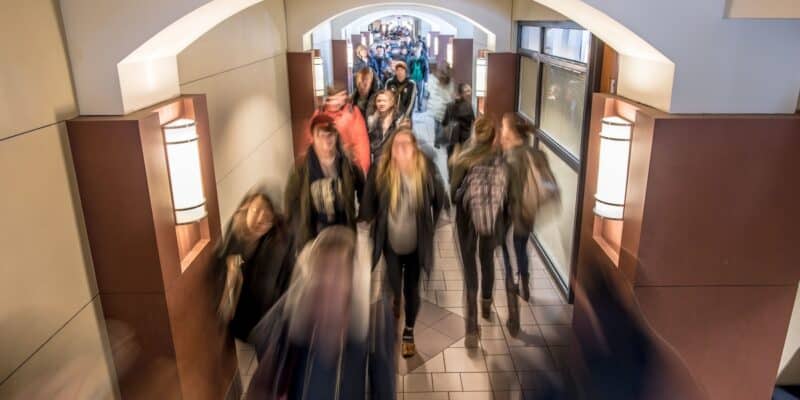Preparing to Teach Polarizing Topics
Having a teaching strategy for addressing potentially divisive topics can help the situation be less stressful for you as an instructor. While certainly we can’t plan for every eventuality—we’re all human, after all—we can take steps to prepare ourselves and our students for potentially challenging conversations in the classroom and promote civil discourse.
